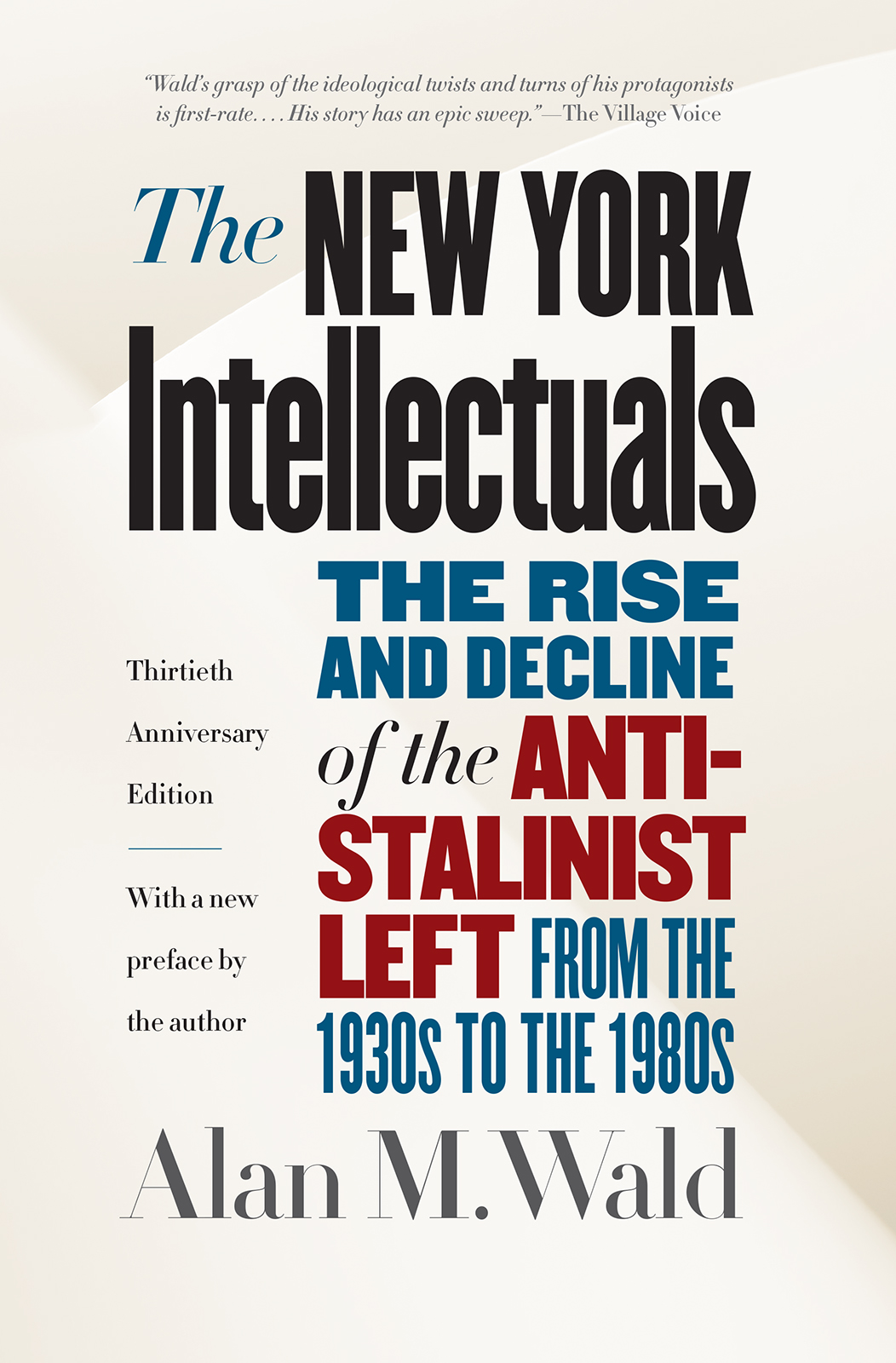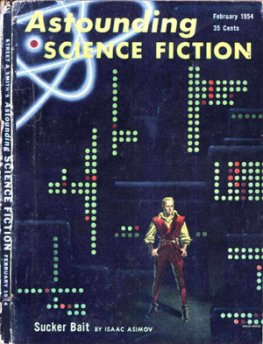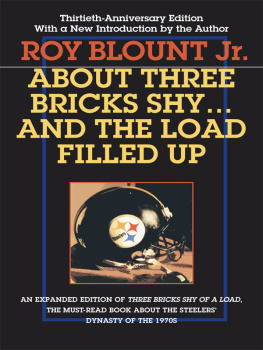Contents

The New York Intellectuals
Praise for The New York Intellectuals
His book is not only a model of erudition (based on wide archival research and more than a hundred interviews) but also a literary work. Remarkably well written, it is as easy to read as a novel. Without hiding his revolutionary Marxist standpoint, Alan Wald combines commitment and critical spirit, objectivity and position held. An example to be followed.
Michael Lwy, La Quinzaine Litteraire (Paris), 1631 July 1987
Wald brilliantly combines the methods of biography, political theory, and literary criticism.
Antioch Review 45, no. 3 (Fall 1987): 376
Wald has written what in many ways is the best book on the New York intellectuals by combining a historians detachment with a political engagement with the issues and events that shaped these writers. The primary virtue of Walds history comes from his combination of exhaustive, painstaking research with a constantly critical attitude toward his sources.... Wald knows what is at stake in the controversies and brings them to life.... Walds history is the only one that has the fire of the memoirs.... [T]ruly a collective biography.
Michael Denning, Socialist Review, JanuaryMarch 1988
Walds studysubtle, insightfulranks with that small cluster of fine works on twentieth-century radicals.
Milton Cantor, Library Journal
Rare for a book so steeped in scholarship, it is both highly readable and extremely informative... a fine combination of good writing and impeccable scholarship.
Harmen Mitchell, Ann Arbor News, Sunday, 17 May 1987
Many scholars may question... the coexistence of objectivity and partisan passion, but Wald has not only demonstrated the feasibility of this approach but that it can be done with grace, authenticity, and scrupulous accuracy. It is Marxist scholarship at its best.... The author glides adroitly between multiple roles of intellectual and social historian, political theorist, and literary critic; his own engaging literary style finds expression in the tightly drawn biographical sketches that he weaves gracefully into the larger fabric.
Stewart Burns, Journal of the History of the Behavioral Sciences 24 (July 1988)
His method is Marxist, but free of jargon and sensitive to the complexities of issues and literary critical method.
Jeffrey H. Richards, Greensboro News and Record, 8 June 1987
[Sophisticated, scholarly, and well-researched.
J. H. Smith, Choice, October 1987
Walds grasp of the ideological twists and turns of his protagonists is first-rate.
D. D. Guttenplan, Village Voice, 1521 July 1987
[A] brilliant effort to correct the record and to explain it.
The Key Reporter (Phi Beta Kappa), Spring 1988
Here is political and literary history of the first order.
The American Citizens Readers Catalogue, Winter 198788
Mr. Wald has written a valuable book about the political trajectory of this countrys leading intellectuals over the past fifty years. It is well-researched, insightful, and extremely opinionated. It deserves a wide audience.
David M. Oshsinsky, New York Times Book Review, 7 June 1987
Walds book is still the most thoughtful and comprehensive study of the New York intellectuals.
Ellen Schrecker, The Nation, 1/8 August 1987
[S]killfully organized so that the reader is seldom drowned in detail, and a balance is almost always maintained between individual case histories and the general line of development.... He gives as non-tendentious an account of the anti-Stalinist Left as is humanly possible.
Annette T. Rubinstein, Monthly Review, November 1987
Wald is a patient, painstaking, and erudite guide, taking the reader carefully through the clotted, overlapping, dense political and ideological transformations within, among, and around an extraordinary group of very bright and very committed people.
Cooperative Economic Book Review, MarchApril 1988
Wald remains dispassionate and fair-minded, even though almost all the changes he describes move in a direction which he opposesthat is, to the right. Eschewing the impossible and scarcely desirable goal of value-free history, Wald achieves his own aim, of a work that is partisan but objective.
James Seaton, The Centennial Review
In his biographical sketches, Wald humanizes them and enables us to see a bit of ourselves in them.
Mark Schneider, American Book Review, SeptemberOctober 1987
Wald shows how the real-life political conflicts facing his intellectuals shaped their artistic creations.
George Lipsitz, Oral History Review, Fall 1988
Alan Walds book stands out for his honesty and acumen.... His firmly held but temperately expressed position... has given him special insight.... Wald focuses knowledgeably on a neglected stage in that journey too little considered by other literary historians and too often downplayed.... Wald repeatedly demonstrates his skill at applying his political viewpoint, not programmatically but analytically, to reveal how ideology and fiction are related.
Walter B. Rideout, American Literature, October 1988
Walds research is exhaustive.... No one is likely to tell us more about these people in the near future. Nor will anyone do so with greater honesty and fairness.... Walds book is signally free from that tendency to settle old scores and rewrite the past.
Michael Sprinker, New Statesman, August 1987
The New York Intellectuals
The Rise and Decline of the Anti-Stalinist Left from the 1930s to the 1980s
ALAN M. WALD
THIRTIETH ANNIVERSARY EDITION
The University of North Carolina Press
Chapel Hill
2017 The University of North Carolina Press
All rights reserved
Manufactured in the United States of America
The University of North Carolina Press has been a member of the Green Press Initiative since 2003.
ISBN 978-1-4696-3594-1 (pbk: alk. paper)
ISBN 978-1-4696-3595-8 (ebook)
The Library of Congress has cataloged the original edition as follows:
Copyright 1987 The University of North Carolina Press
All rights reserved
Manufactured in the United States of America
First printing, May 1987
Second printing, September 1987
Library of Congress Cataloging-in-Publication Data
Wald, Alan M. 1946
The New York intellectuals.
Bibliography: p.
Includes index.
1. SocialistsNew York (N.Y.)History20th century. 2. IntellectualsNew York (N.Y.)History20 century. I. Title.
HX92.N5W35 1987 320.532097471 86-24922
ISBN 0-8078-1716-3
ISBN 0-8078-4169-2 (pbk.)
Some portions of this book have appeared in somewhat different form in Jewish Social Studies 38 (1976); Antioch Review 35 (1977); Prospects 3 (1977); Literature at the Barricades (University of Alabama Press, 1982), pp. 187203; and Centennial Review 29 (1985).
TO CELIA
Preface to the Thirtieth Anniversary Edition
I. THE PRESENT OF THE PAST
After thirty years, the history of the New York intellectuals has come back to visit in a curiously unforeseen manner. Our contemporary cultural landscape has become a magnet for refracted and contradictory appropriations of ideas and experiences from this older politicocultural tradition. The events of the past feel as if they have been shot forward, bounced off accounts written up in later decades, and then seized by writers and intellectuals of the present as pertinent to our own time. Inexplicably, the emerging America of terror, tweets, and Trump has become a strange new homeland for the famous circle that began as old-fashioned committed writers, one that evolved from the Great Depression to the New Left, blew apart during the backlash against the 1960s, and finally attained an afterlife in which assorted narratives were assembled. What is the reason for our choosing to absorb elements of this considerably concocted past in the various ways that we are?








